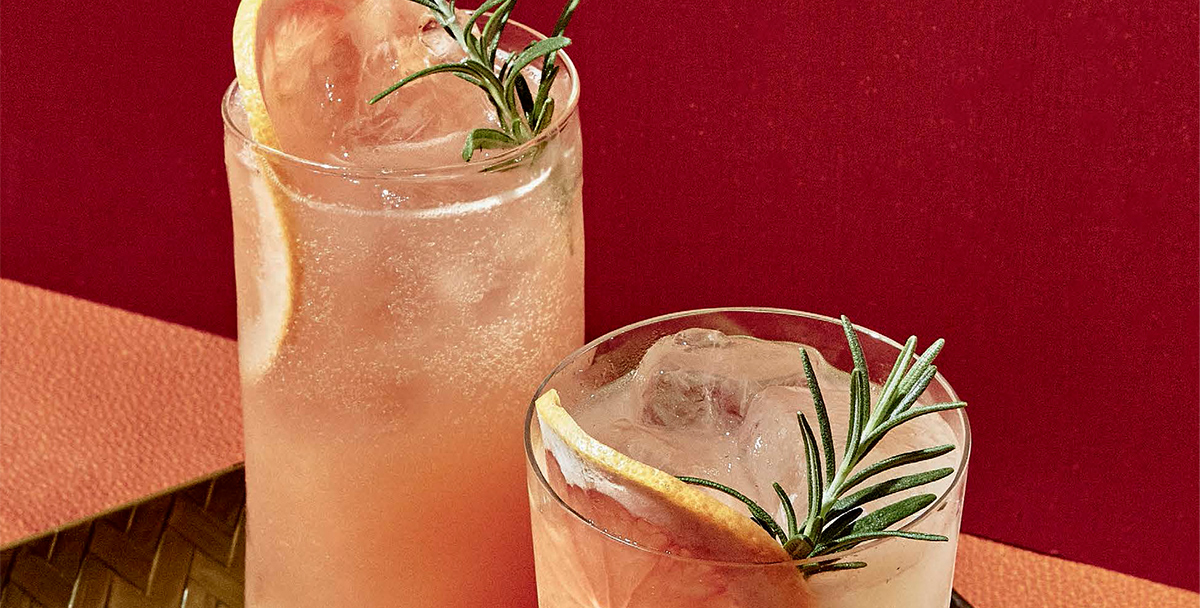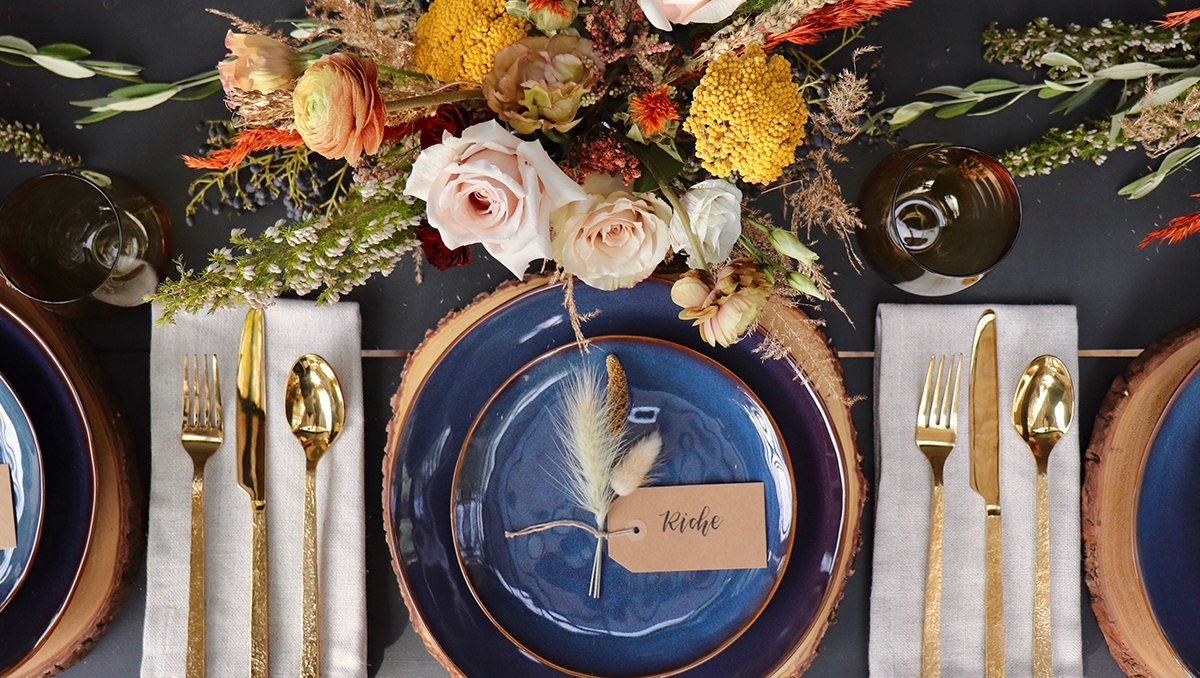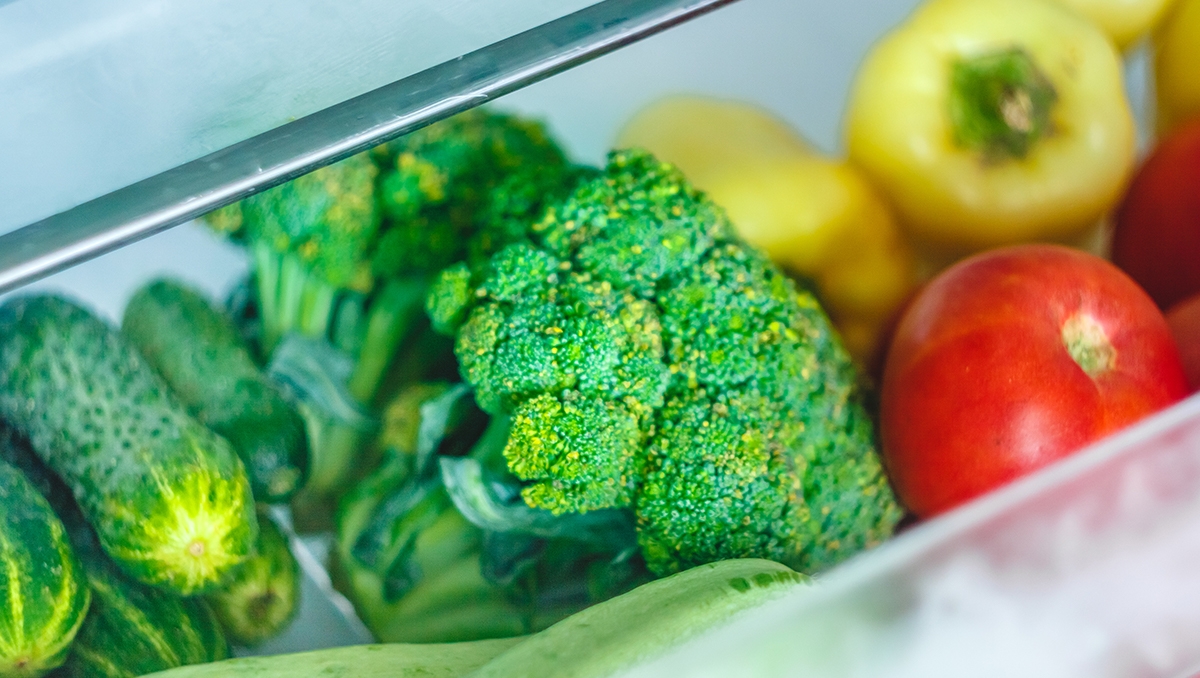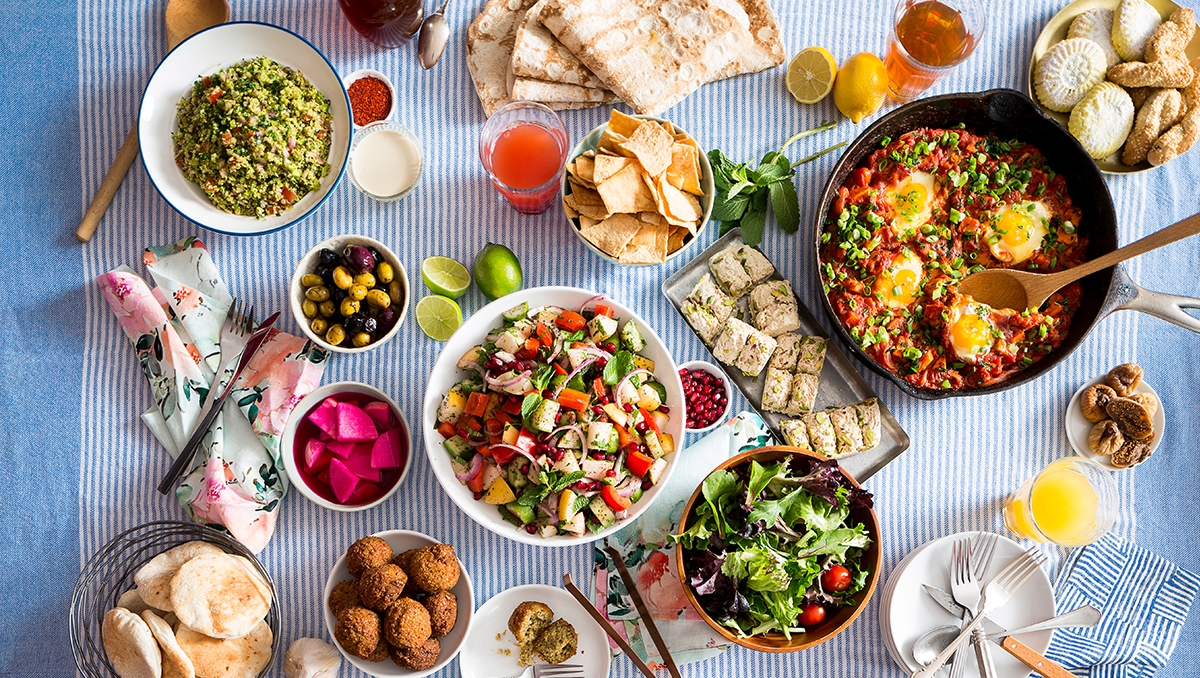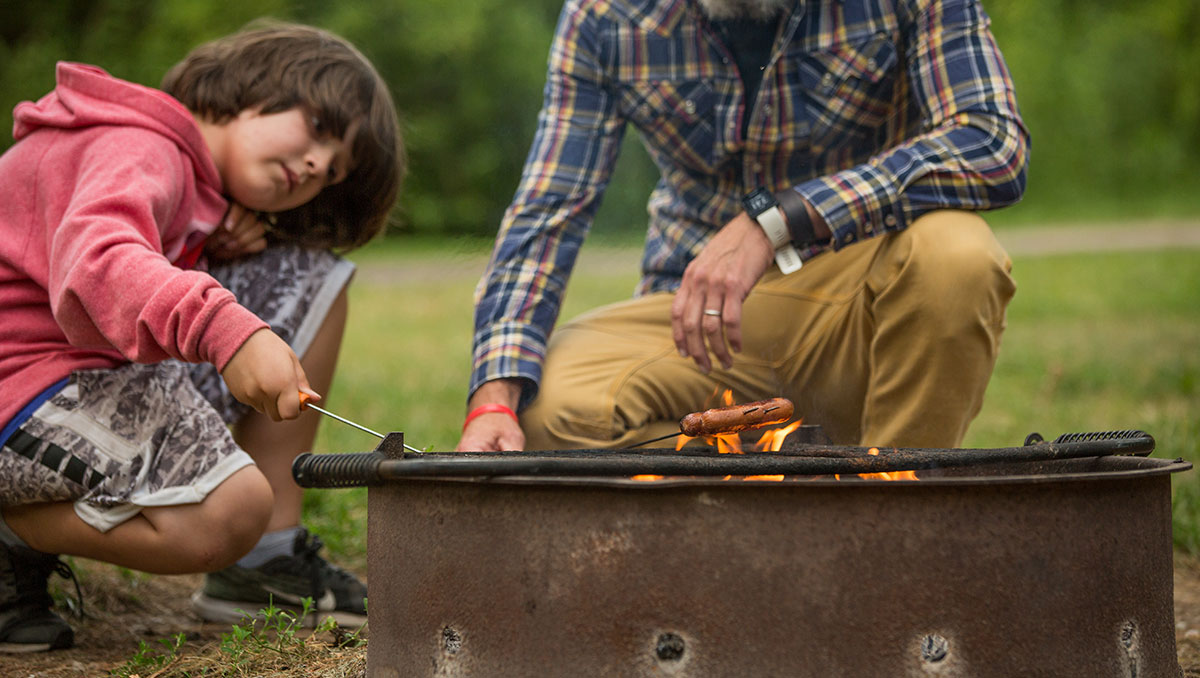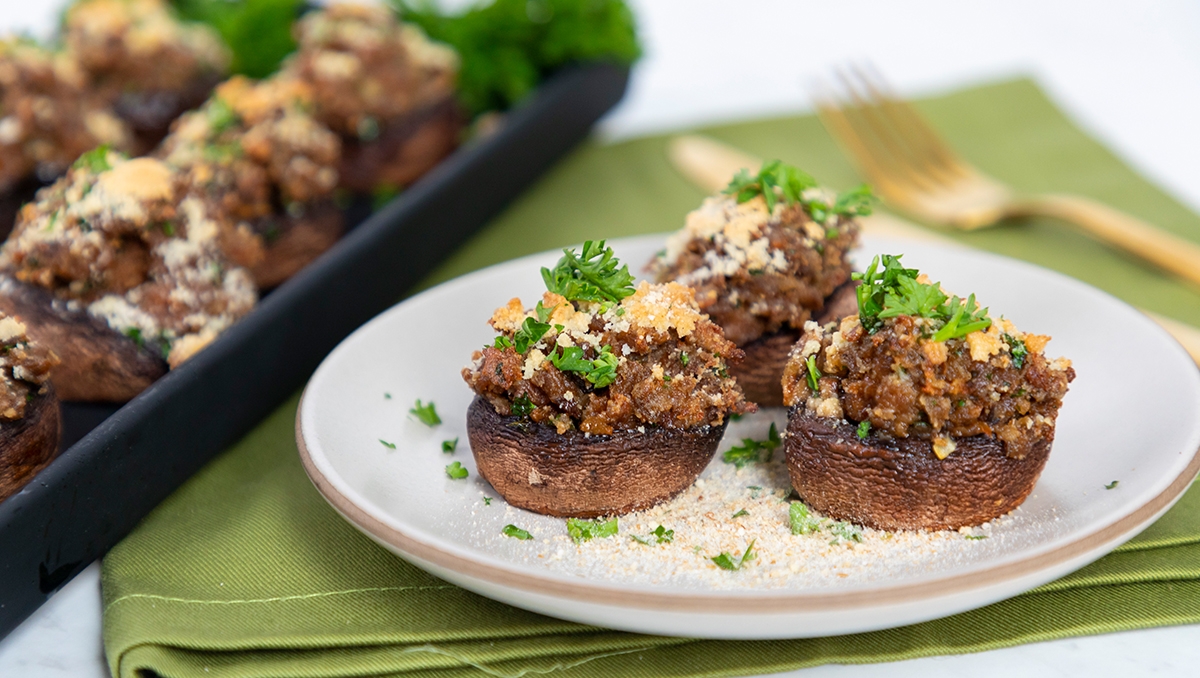On Elena Terry’s upper right arm, a tattoo of a pumpkin surrounded by beans and corn pays homage to an ancient Indigenous farming technique. Known as the three sisters, the idea is to plant squash, corn and beans together to promote soil fertility and healthy diets.
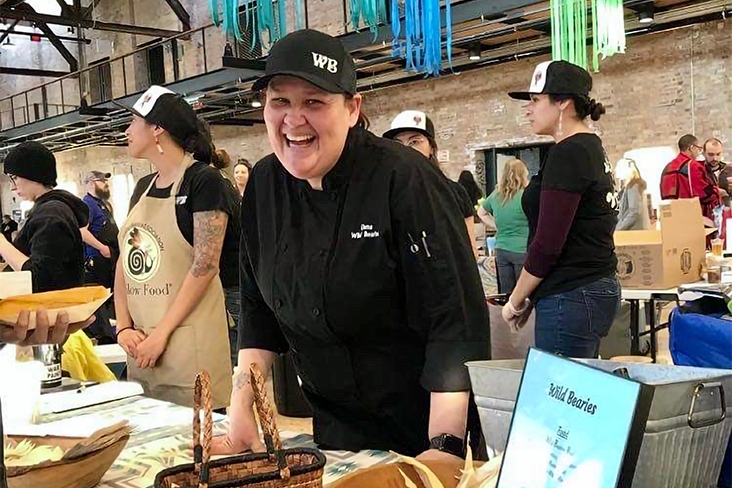
“I think the ultimate gesture of love, of prayer, of medicine is feeding each other,” says Terry. In that, her body art, which also includes a sunflower, wild rice and woodland florals, tells another story: that of a Ho-Chunk Nation chef committed to preparing and protecting Indigenous foods and food knowledge for generations to come.
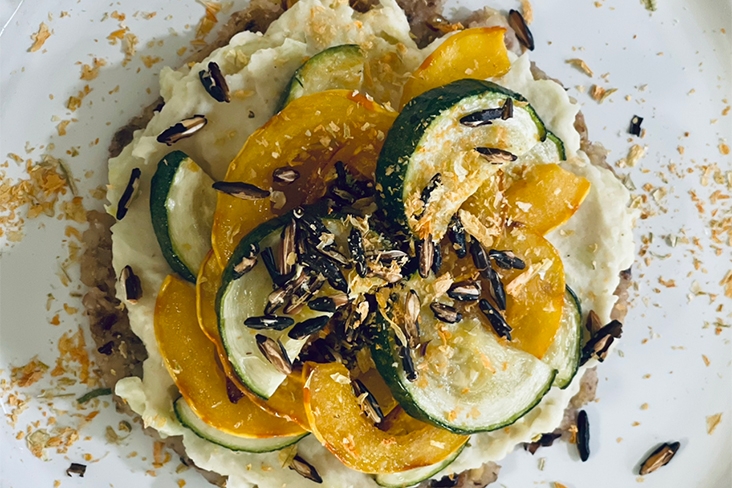
Wild Bearies Indigenous Cuisine
Terry accomplishes this in a variety of ways but especially as the executive chef for Wild Bearies, the nonprofit she founded in 2018. Through managing a library of heirloom seeds; hosting and catering meals for families, tribes and conferences across the nation; and mentoring tribal members establishing their own businesses, Wild Bearies is focused on building stronger tribal communities through food.
Sharing food is about more than sharing a meal, says Terry, speaking from her home kitchen in the Wisconsin Dells, where Wild Bearies is based. It’s about seed preservation and germination, food preparation and plating, land conservation and cultural teachings. “We share all of that and more when we connect through ancestral foods,” she says.
That connection is central to food sovereignty, defined as the right to have healthy, culturally appropriate food that’s produced sustainably. Food sovereignty begins with food security, something that one in four Native American people lack, according to a 2017 report.
Within Indigenous communities, food sovereignty is also focused on reestablishing the ingredients that once thrived in each area before generations of government policies severed tribal people from ancestral foods and know-how.
Subaru Loves the Earth.™ Loving the Earth means supporting all that grows from it.
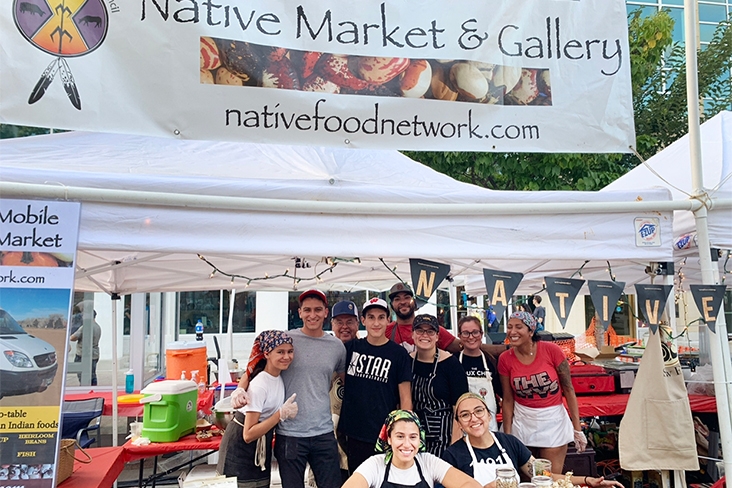
Food Reclamation & Seed Stewardship
Over the years, Terry has been involved with almost every aspect of Indigenous food reclamation. She was a 2021 NDN Changemaker Fellow, receiving this honor from NDN Collective for defending Indigenous lands and rights.
As an advisor with the James Beard Foundation Legacy Network, she mentors early-career Indigenous chefs. To help support staff and develop recipes, she has also partnered with chefs like Sean Sherman (Oglala Lakota) and Crystal Wahpepah (Kickapoo), who opened popular Indigenous restaurants in Minneapolis and Oakland, California, respectively.
Through Wild Bearies, one of Terry’s projects has been seed stewardship, which includes cultivating and distributing seeds through a seed library. In the next five years, the organization will spearhead a soil restoration project that includes a community garden and a ciipotoke, a traditional Ho-Chunk seed house.
Supporting Tribal Businesses
Another focus for Wild Bearies is encouraging tribal businesses to take root. To help establish the garden, for instance, Terry asked her brother, Ken McAndrew (Ho-Chunk), a veteran with years of handyman experience, to build a fence to keep out deer.
This led to more projects, and “it was at this point that I realized I could do something for my family and myself,” McAndrew says. He and his brother started their own handyman business, Kilo Delta LLC, and today they’re busy working on tribal housing projects across Wisconsin.
“My skill set and passion are in the kitchen, but the more people like my brother Ken connect with the work Wild Bearies is doing, the more we realize that there’s room for all kinds of talent,” Terry says. “Wild Bearies is here to ask, ‘I see your value – how can I help you reach your goals?’”
The corn, beans and squash tattooed on her arm remind Terry that mentoring people is a form of companion planting. And like the three sisters, Wild Bearies can grow alongside something completely different but fundamentally on the same path, which can lead to experiences that support the entire community. Today’s small steps, she says, “might have a great impact on our grandchildren tomorrow.”
